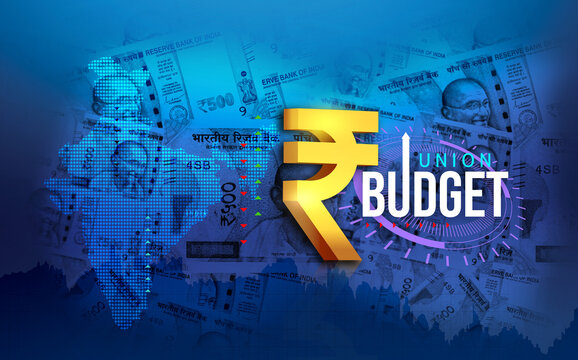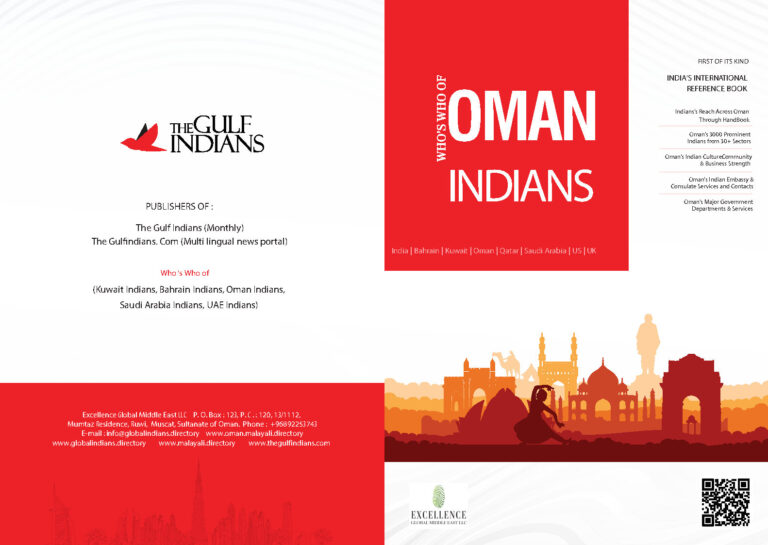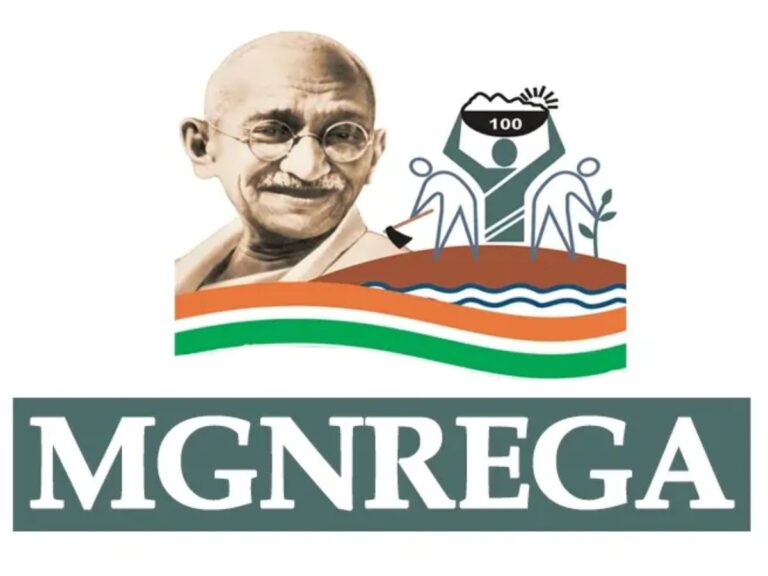K. ARAVIND
I have seen many people who are ‘cash rich’ even though they have a modest income. At the same time, there are those who, despite having relatively good income, find it difficult to manage their financial situation due to excessive debt. Debt is not a bad thing at all. But if spending habits are not effectively controlled, it can lead to a ‘one way ticket’ to financial disaster. Debt settlement can make the difference between success and failure.
If you want to manage serious debt, you must first realise how serious the situation is. If we do not understand the seriousness of the problem, we can never come out of it. We can only solve it if we are self-aware of the problem and its causes. For example, if the debt you have is due to the excessive cost of purchasing certain items affecting your monthly revenue and expenditure, one should be prepared to be convinced of that fact. One may also want to make sure that the costs really figure out to be the same for everyone else.
You will need to take a look at the credit card statement of the past year or other expense statements to identify where the money was spent. Check whether each expense was necessary or based on a whim.
It is important to understand exactly how we are spending our hard earned money. Even small expenses can turn into big expenses if repeated during a short period of time. But if we honestly assess where our spending is going, it can be cut.
First, make a list of where the money has gone and how much you owe. The next step is to formulate a budget. When a budget is made, it is necessary to show the will to stick to it. A budget that can be effectively implemented should be prepared. The budget should be clear about where the costs can be reduced.
We also need to be clear about how much money we can set aside each month to reduce debt. You should also be able to control the urge to take on new debts. The budget should be a tool that clarifies how the money should be spent.










